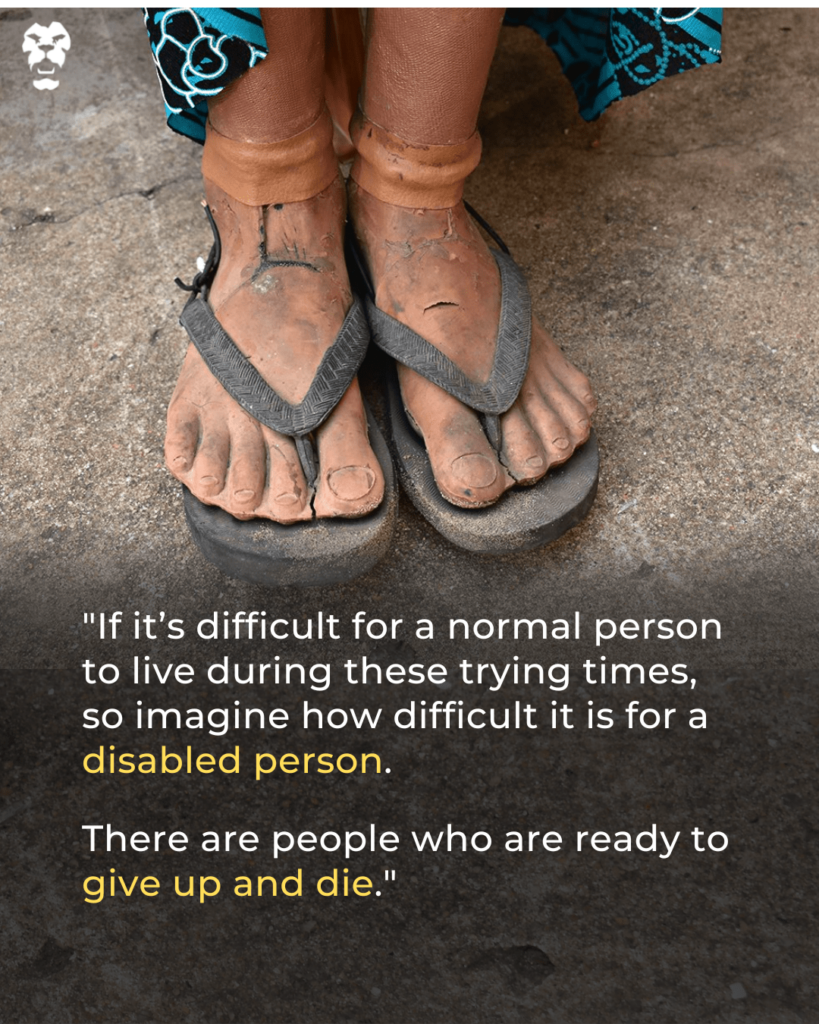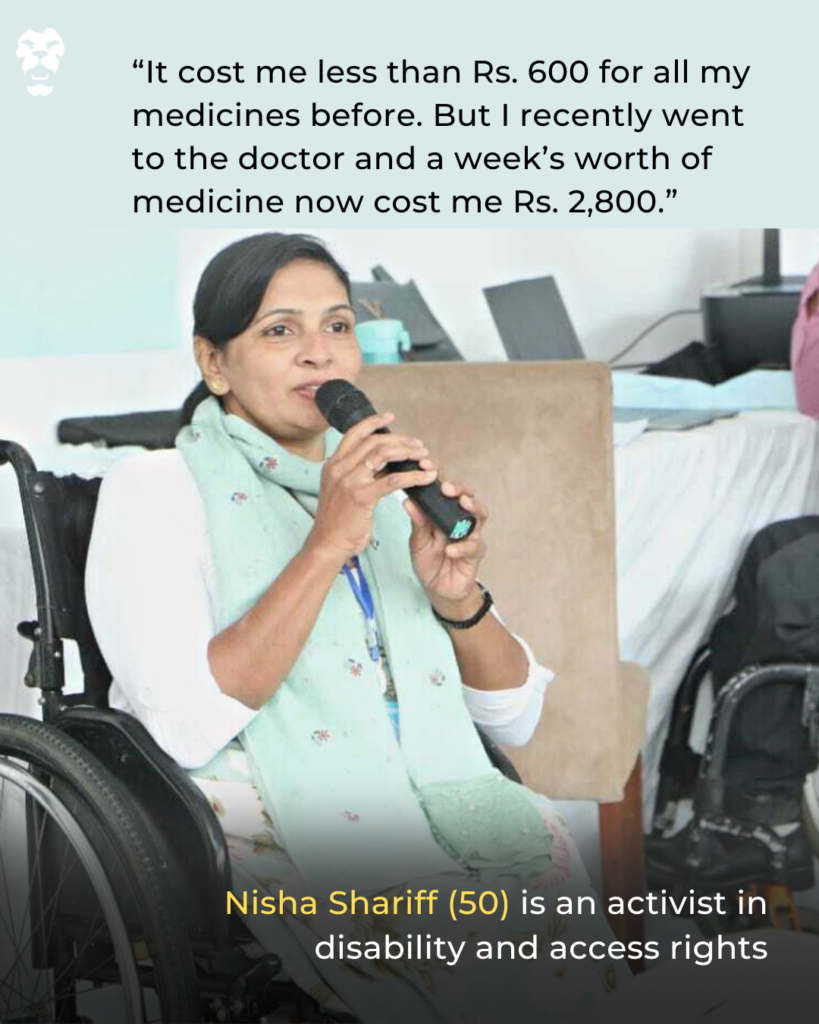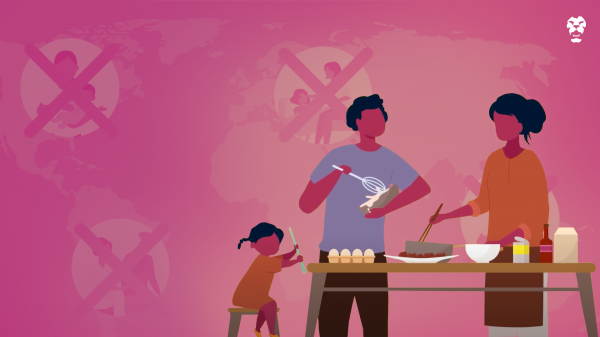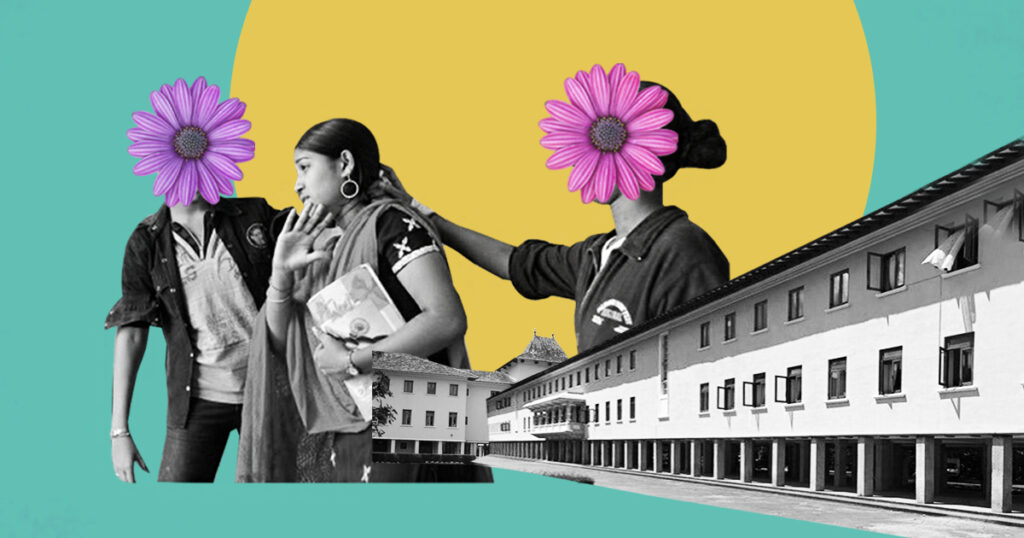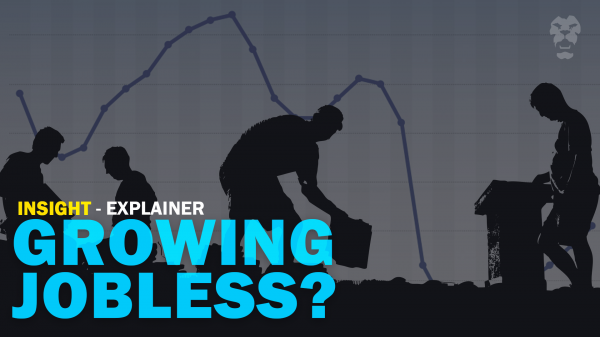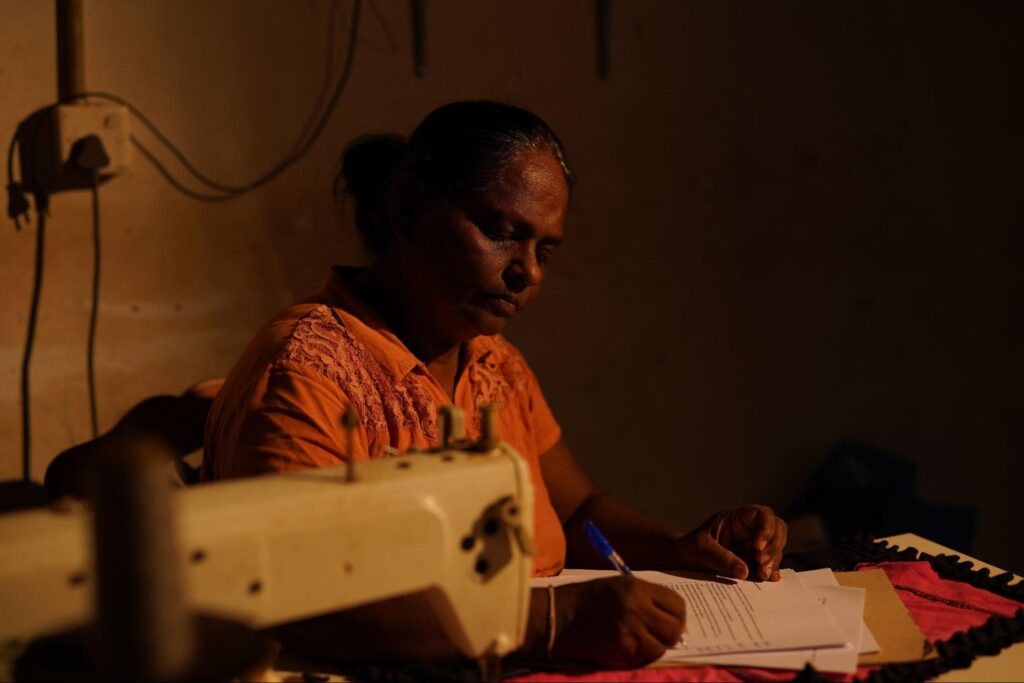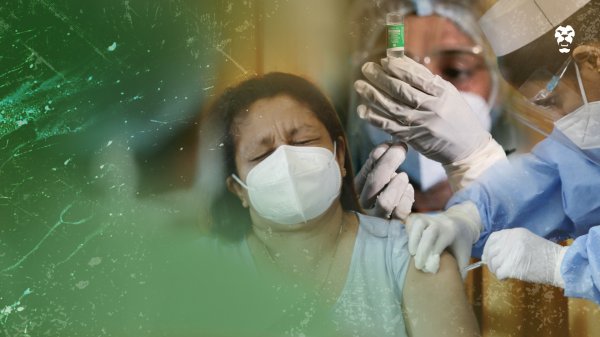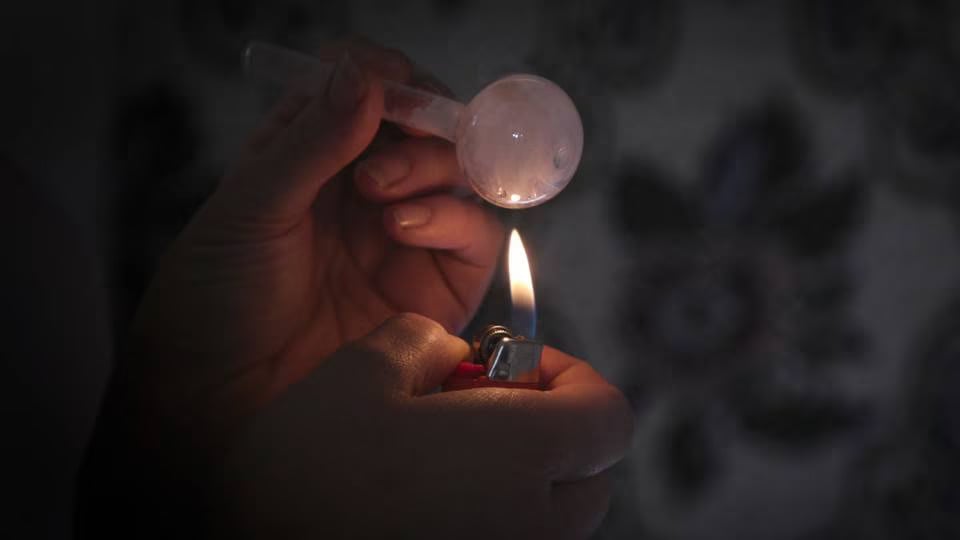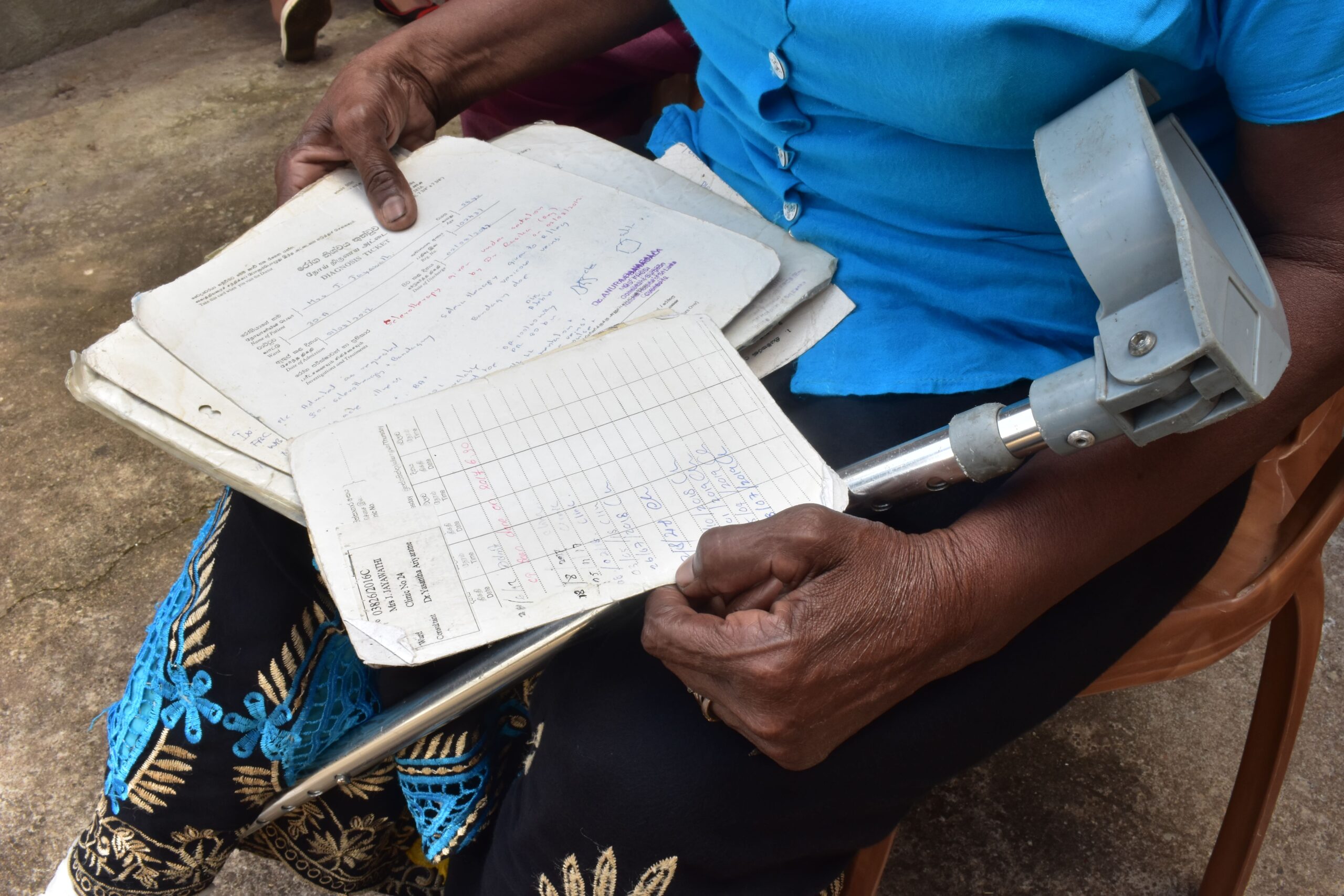
For the longest time, the simple orthopaedic wheelchair was the most common donation people with disabilities received.
“It was around Rs 12,000 in early 2022,” Nisha Shariff, 50, told Roar Media. “It was cheap, and even though it doesn’t suit most disabled people (the nature of disability determines the make of the wheelchair or other assistive equipment) this was what was most often donated. But now, one of those wheelchairs is around Rs 42,000.”
Therein lies the challenge for disabled persons – one of many. Assistive equipment, prosthetic devices and other healthcare items have seen a massive surge in prices over the past few months, following Sri Lanka’s economic crisis.
The resulting import restrictions have caused a shortage of items and materials needed for repairs, putting the lives of the disabled community at further risk. On top of that, the lack of awareness and stigma has worsened their quality of life.
“For us, the wheelchair is like our legs,” she said. Shariff herself was disabled when she was three months old, causing her to lose all sensation from her waist down. Even though she is able to walk, she requires a wheelchair for better mobility. An activist in disability and access rights, Shariff said the disabled persons’ community is in need of attention as never before.
“When our devices break, we try to fix it no matter what the cost. But they are expensive or they are unavailable. Low-quality equipment will cause further injuries and it will only add to our problems,” she said.
From prosthetics to crutches, to urine bags, catheters and adult pampers, the new prices and in some cases, the unavailability has left those in the community in a desperate situation.
To make matters worse, the government-provided relief of Rs 5000 every month, Shariff said, has stopped coming in due to the lack of funds. “This is the time to do away with this system that forces disabled people into depending on charity,” she said. “There are disabled persons who should receive this. But for those who can manage to support themselves, the government should provide opportunities. I don’t think Sri Lanka is ready for that yet.”
